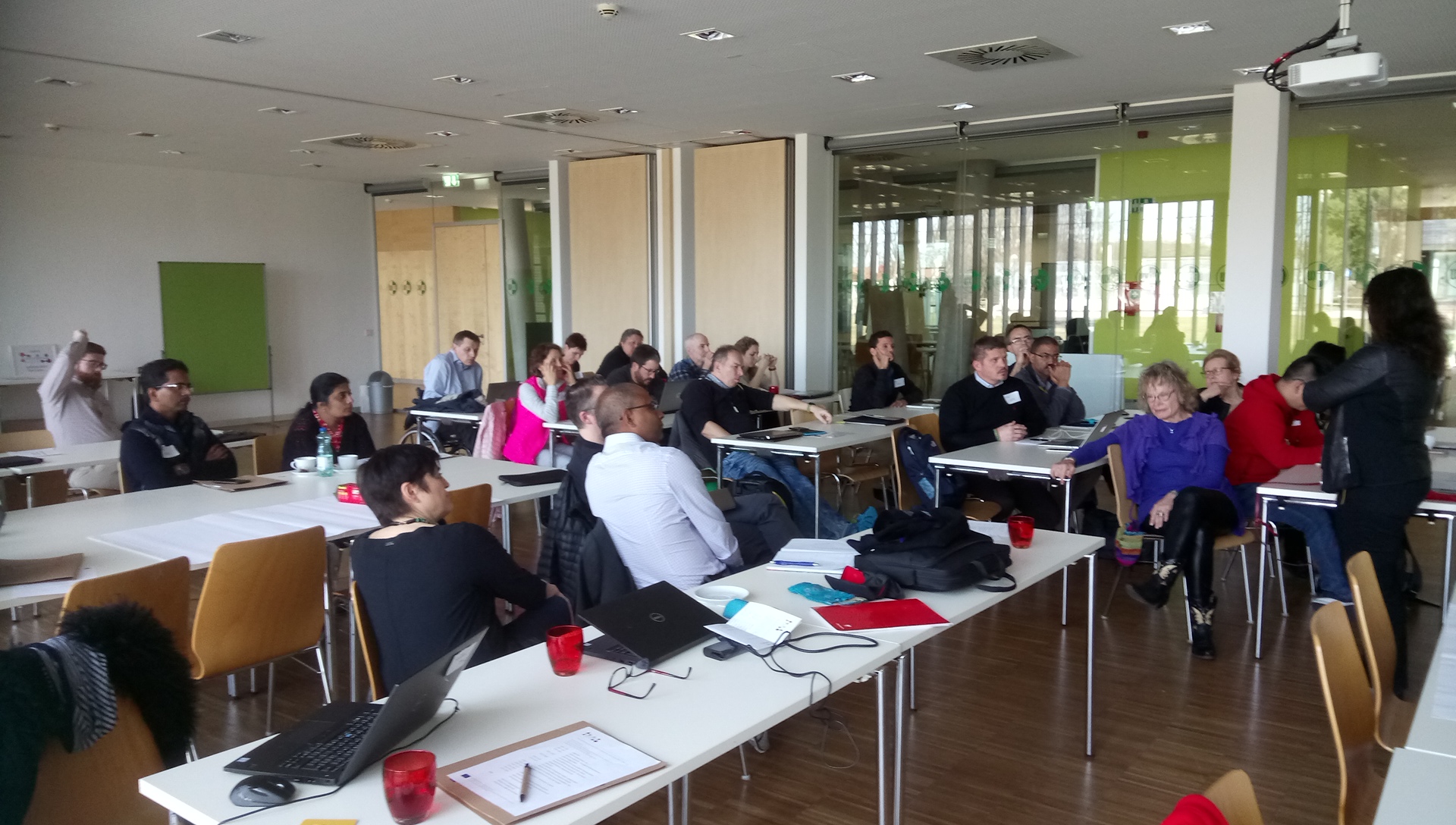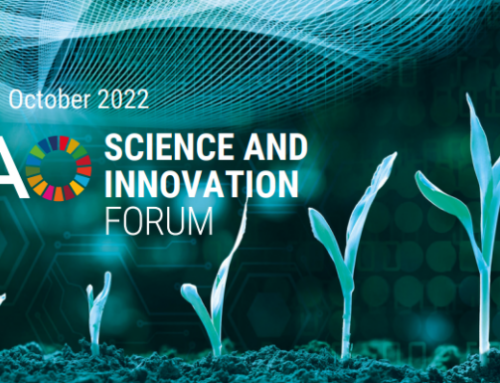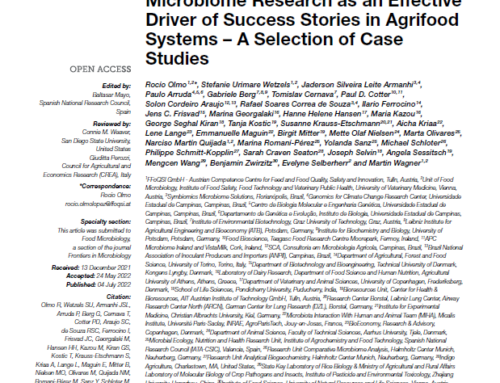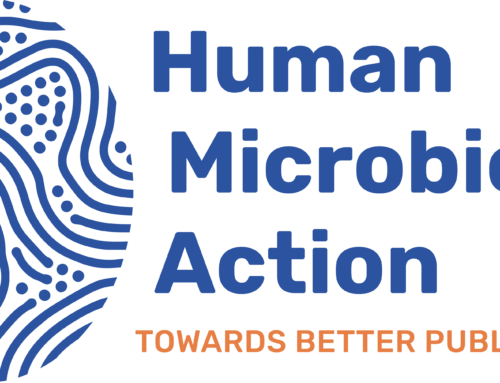Around 30 partners from the MicrobiomeSupport consortium joined a workshop on 6 March 2019 to discuss whether the microbiome needs a re-definition and if yes, what needs to be considered.
MicrobiomeSupport partners and Advisory Board members passionately discussing about a new microbiome definition.
The workshop started with a number of presentations from project partners and Advisory Board members to set the scene, raise questions and considerations such as:
- What are existing definitions and what aspects are good or limiting in these definitions? – Ecological, genomic and organism-dependent definitions were used for baseline discussions, e.g.:
- A microbiome ‘may be defined as a characteristic microbial community occupying a reasonably well defined habitat which has distinct physio-chemical properties. The term thus not only refers to the microorganisms involved but also encompasses their theatre of activity. (Whipps et al. 1988)
- A microbiome ‘is an ecological community of commensal, symbiotic and pathogenic microorganisms within a body space or the environment’. (Lederberg & McCray 2001)
- ‘The microbiome is the sum of the microbes and their genomic elements in a particular environment.’ (Ho & Bunyavanich 2018)
- What do we need to consider for a microbiome definition?
- Do taxa of organisms need to be listed?
- Do we need to specify appropriate analysis techniques and technologies?
- Does function need to be implied?
- How about time scale, geographical scale, sampling size factors?
- How do we take into account co-evolution of organisms?
- What are the challenges?
- Functions of bacterial metabolic proteins may change based on one substitution in the DNA of a bacterium without a change in bacterial species definition.
- Fast development of technology, making specific techniques outdated within a short time span.
- Focus on diversity vs. function.
- Microbiota vs Microbiome and what organisms to consider for either: bacteria, fungi, protozoa, viruses, phages, archaea, others?
After passionate discussions, the workshop participants decided on a draft definition which is easy to communicate and use. It will be published with a more extensive opinion paper that considers the microbiome holistically and from a system perspective in an effort to support the research field as a whole.






